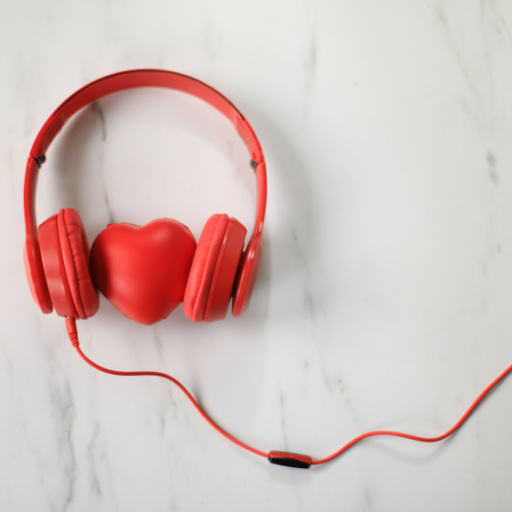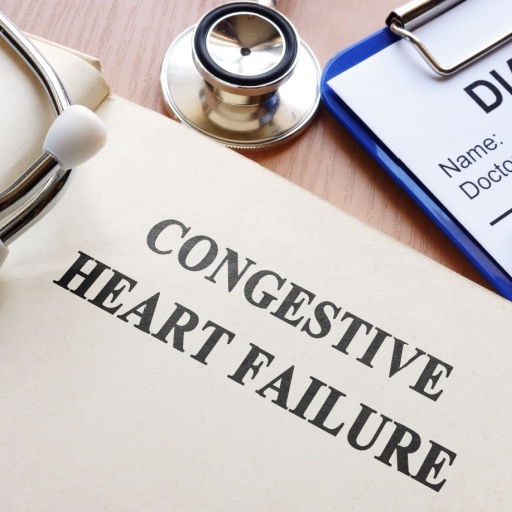Music can evoke powerful emotions, from bringing a smile to your face, drawing tears, and stirring excitement to instilling calmness. Many believe it nourishes the soul and is therapeutic. While regularly listening to Beethoven won’t unclog arteries or rectify heart-related issues, it can assist in recovery after cardiac surgeries, help diminish stress, and even reduce blood pressure.
Music for heart health
A consistent rhythm, such as those found in many types of music, can synchronize with our internal rhythms, particularly our heart rate. Music with a tempo of 60-80 beats per minute can mimic the average heart rate, harmonizing your body’s internal rhythm. This offers relaxation and stress relief and can help maintain steady heart health.
Benefits of listening to music

Here are some of the benefits one can reap by listening to music for the heart and overall health.
- Strengthens your heart: Music can be immensely beneficial for your heart health. When you listen to foot-tapping numbers, you usually feel like dancing to them. The music’s intensity and tempo can regulate your heart rate, blood pressure, and breathing. Even Zumba, a combination of aerobics and dance, is done to the tune of high-energy music, which can leave individuals feeling energetic and boost their mood.
- Decreases cortisol levels: A study found that people who listened to different music genres had low cortisol levels, which helped them relax and reduce stress.
- Helps manage mental health conditions: According to 349 studies, almost 68.5% of people with schizophrenia, bipolar disorder and depression reported improved condition after incorporating music into their daily lives. The rhythmic and repetitive aspects of music engage our brain’s neocortex, which calms us down and reduces impulsiveness.
- Decreases burnout: Music therapy also helps reduce burnout. A 6 week-study involved making an operating room staff listen to music for 30 minutes daily. The team reported decreased stress levels with less emotional exhaustion after a month.
- Helps people cope with daily life: Almost 5600 people from 11 countries shared that music played a vital role in dealing with their everyday problems across various cultures, demographics and genders.
- Helps with Alzheimer’s: It is established that songs rooted in personal memories can not only relax people with Alzheimer’s, but also improve cognitive function and memory retention.
Kind of music to listen to

Beats per minute (BPM), or the tempo of the song, is the speed at which the music is measured. By listening to music with BPM between 60 and 100, you can sync your body with the music, allowing you to relax and fall asleep. However, this same type of music can affect people differently.
Two factors play a vital role in determining what kind of music can help your heart and in falling asleep — genre preferences and beats per minute.
Our brain has its rhythms, like music. Some beats are good for sleep. Alpha waves (8-12 hertz) are suitable for relaxation and sleep. You can find music that matches these waves by paying attention to how your body feels when you listen to music. Notice your heartbeat, breath, and emotions. If they calm down, it might be music for good heart health.
How does music enhance your well-being?
Music therapy offers people with strokes and heart conditions a chance at regaining speech and mobility. This is because of music’s impact on the brain, mainly through a phenomenon known as “entrainment.”
Entrainment involves the synchronized activation of neurons from diverse brain regions. A consistent rhythm stimulates the auditory and the motor system. Post-stroke, some individuals experience dysarthria, impairing their ability to articulate due to muscle control loss in the tongue or lips. However, prompting these individuals to vocalize familiar songs using basic syllables, like “la,” can facilitate the entrainment of their motor nerves, aiding speech recovery. This method also applies to general movements like walking and running.
Music is not a magical cure nor a substitute for therapy, medication or surgeries. However, music can be an essential element for your well-being.
Key Takeaways
- Music with a tempo of 60 to 80 beats per minute can synchronize with the average heart rate, aligning with your body’s internal rhythm.
- Two key factors influence which type of music can benefit your heart and help you fall asleep: personal genre preferences and beats per minute.
- Listening to music can strengthen your heart, help manage mental health conditions, and alleviate burnout.
Stay tuned to the Activ Living Community. Keep up to date with the latest health tips and trends through expert videos, podcasts, articles, and much more in nutrition, fitness, mindfulness, and lifestyle conditions like Asthma, Blood Pressure, Cholesterol, and Diabetes.
You may also be interested in the following blogs:
- 6 Playlists Curated For You. Make Music Your Fitness Motivator
- Harmonizing Minds: How Music Therapy Supports Mental Health
Popular Searches
How to lower blood pressure | Fruits good for liver | Unhealthy foods | Ragi Benefits | Basal Metabolic Rate | Acupressure points for High Blood Pressure | Ayurvedic medicine for blood pressure | How to control cholesterol at home | Homeopathy for Asthma | Biological Age | Home remedies for TB | Natural beta blockers | Negative effects of internet | Types of walking | Blood pressure calculator | Blood sugar calculator | BMI Calculator





 1800-270-7000
1800-270-7000









